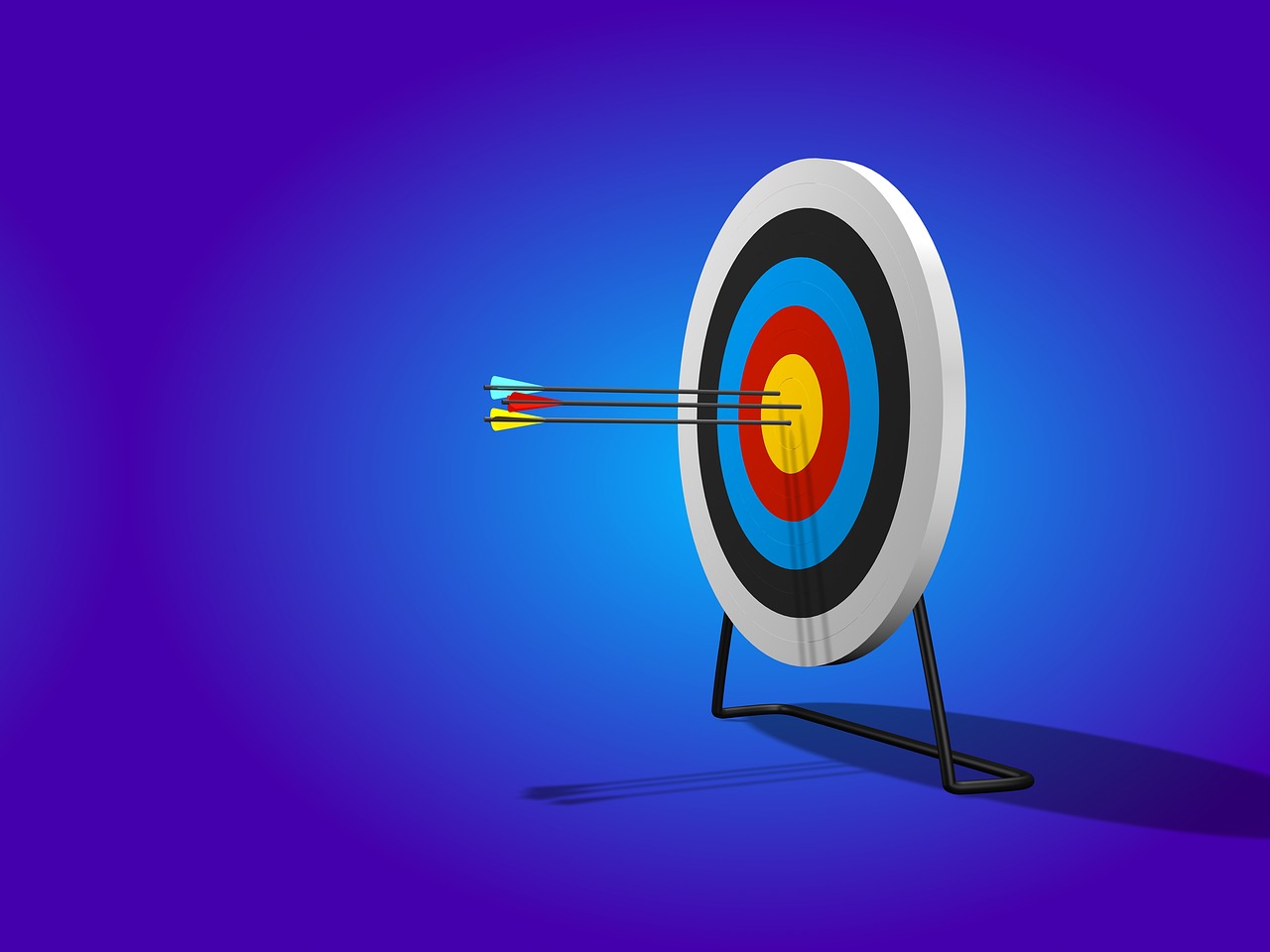Planning is a quite significant part of life. The ability to plan your activities makes it possible to achieve impressive results quickly and without distraction from the main goal.
Business planning leads to the achievement of strategic goals, work planning helps in career advancement and income increase, and personal life planning is needed for self-realization and improving living standards.
What about education planning? As it turns out, it becomes important to know how to make a study schedule, especially if you learn on your own.
How To Build A Schedule For Effective Learning?
1. A Word On Education Planning
A study plan is not just a to-do list. Establishing and following a study routine means taking responsibility for your education, which, in turn, needs proper time allocation.
If there is no plan, you can involuntarily let things slide, as it’s so easy to get confused and even lose sight of the goal.
On the contrary, if there is a plan, you can clearly assign time to important and secondary things, such as leisure, rest, communication, hobbies, and self-development.

Based on these reflections, we can emphasize the advantages of the study schedule:
- You can freely plan all your activities, getting rid of the mess associated with the learning process;
- You spare your time, energy, and motivation; stay focused and don’t spread between several cases;
- You know exactly what’s needed to do in front;
- You can self-evaluate the education process, speed up, or slow it down if necessary.
2. Preparation Of The Plan
The creation of a study plan for self-sustained learning involves few steps:
The purpose of this stage is to make a list of the knowledge and skills you want to possess. In order to do that, you have to clearly see the final goal and break it down into smaller pieces.
These can be working sessions, classes, or smaller goals for the day, week, or month.
This is called strategic planning – you need to consider each lesson and the result you’re aiming to achieve. Similarly, you can create a college study plan or any other plan for informal education.

College study plans may also include a final project or any other form of assessment of student performance.
Such a document supports the candidature of an academic degree; it can be a thesis or dissertation.
As you can imagine, that work involves a pretty large amount of research of different complexity; writing it may be a labor-intensive assignment, and therefore, on the Internet, you can find some companies providing dissertation writing services.
3. Set Timing Deadlines
The purpose of the second stage is to allocate time for independent studies.
First, you need to define the total time for education, for example, 6 months. Then, you divide that period into smaller ones for each sub-goal in accordance with the plan items outlined in the previous step.

For instance, you know that you are capable of going through all training material in 360 hours. It appears that you’re going to have to study 3 hours per day, 5 days a week: 5 times 3 hours is 15 hours, 4 times 15 hours is 60 hours a month, which is 6 months in total.
4. Selecting Methods
This step is as important as the two previous ones. Its goal is to define the methods and techniques you are going to use in further education.
You also need to choose information sources (such as the Internet, books, tutorials, courses, training videos, audio materials, podcasts, etc.) and devices and tools (PC, laptop, markers, smartphones, voice assistants, communication tools).
After ensuring that you have completed the three previous steps, you can start to outline the plan itself. You are free to use special methods of plan creation or just write down a simple outline that doesn’t require any skill.
A great example of a simple plan is a table with columns such as: “name of activity,” “brief description,” “deadline,” “mini to-do list,” “criteria,” “results.”
When your study plan is ready, you can start to execute the plan. You just need to go through the plan step-by-step.
As you progress, the plan may change in some places—it’s absolutely normal. The main difficulty at the implementation stage is staying focused.
5. Stick To the Plan
Frequently, during the learning process, your attention can wander to something that seems more interesting.
This could be fascinating facts and information in related fields that indirectly concern your subject. As a result, you might end up learning about another subject without completing the original one.
To avoid this, you can use sticky notes as reminders. Place them all over your house and workplace so they can serve as helpful reminders.
It’s crucial to motivate yourself and stick to the plan to prevent imaginary exhaustion, fake lack of time, and procrastination (the most dangerous one).
The most powerful motivators are your personal goals and the skills you want to develop. Make sure to remember them systematically and realize their importance.
Essential Skills For Effective Learning
1. Acting on Important Tasks Immediately – This is a valuable skill that helps you tackle any challenge, no matter how tough. Overcoming procrastination is key here, so it’s worth exploring strategies to beat it.
2. Self-discipline – The ability to manage yourself, stay focused, and commit to your goals without making excuses. Self-discipline helps turn your plans into habits that shape your lifestyle.
3. Self-Motivation – This is about pushing yourself to do even the tasks you dislike without hesitation. To improve this, consider reading a couple of books on self-motivation techniques and applying them immediately.
4. Time Management- Time is your most valuable resource. Learning how to manage it effectively is crucial for productivity. There’s an abundance of information online to help you master this skill.
5. Memory- A strong memory is essential for effective learning and planning. To keep it sharp, focus on leading a healthy lifestyle and engaging in exercises that boost cognitive function, such as Schulte tables or mnemonic techniques.
We hope this information helps you in your learning journey. Keep expanding your knowledge and remember to share it with others!
Quick Links:
- Ways To Improve Your Money Confidence
- Top Best Jim Kwik Quotes From Limitless
- How To Build A Schedule For Effective Learning That Brings Results
- How To Be More Confident (Boost Self Confidence To NEXT Level)
- Best Inspirational Quotes for Writers Related To Craft and Business
End Note: How to Build a Schedule for Effective Learning?
Creating a learning schedule helps you stay organized, manage your time better, and stay on track with your goals.
Stick to your routine, make time for breaks, and adjust as needed to keep improving.
With a clear plan, learning becomes more efficient and enjoyable. Keep focused, stay consistent, and you’ll see great results!

